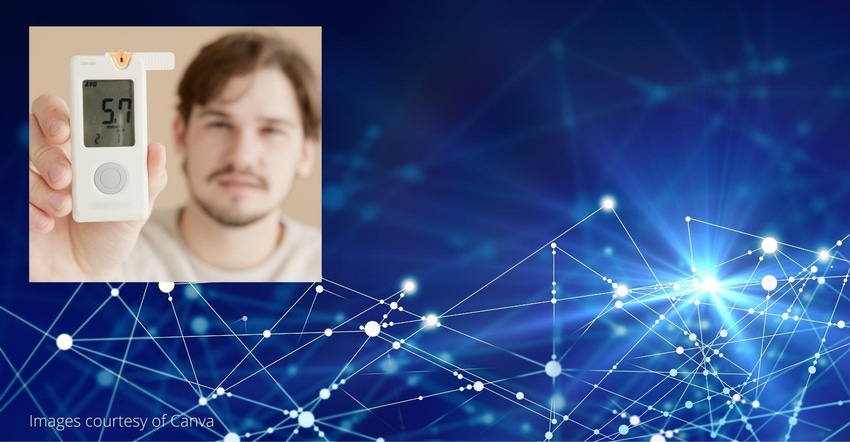
Mid-November 2021, Sarah Rosenblum, Senior Director of Sales & Marketing at Packaging Compliance Labs, posed a “random thought-provoking question I have been thinking about lately …” on LinkedIn.
She asks, “With tech companies becoming the staple in our lives, do you think they are eventually going to replace (or acquire) the common big medical device names we are used to in industry? Any opinions on tech getting into the medical industry are welcome! Heart Implants by Tesla? Catheters from Facebook / Meta? #medicaldevice #medical #tech
Her question sparked interest within the medical device manufacturing (MDM) industry, including a number of leading packaging experts. Innovation in medical devices — and their packaging — is a compelling topic these days. Wearables and other consumer health products incorporate a lot of today’s electronic technologies. It’s logical that packaging might be similarly influenced.
As you can see from these comments, most of the response was affirmative. However, a few people were a little more cautious.
Abhishek Gautam, Director, Global Packaging, Teleflex:
Hard to imagine … unless there is a strategy for growth behind a certain M&A [merger and acquisition] (e.g. complementing or leveraging existing product offering).
Rod Patch, Senior Director, Package Engineering & Product Labeling, at Johnson & Johnson:
“Interesting question. Coincidence or not … J&J former CEO Alex Gorsky joins Apple’s [B]oard of Directors …. What might that signal?”
Rosenblum:
That is interesting!! This is exactly what I’m talking about. I’m thinking it’s only time until we see some really big acquisitions with tech and med.
Sean Dotson, President, RND Automation:
J&J is also outsourcing a lot of med-device manufacturing to Jabil. I don’t see Apple getting into implants and disposable devices. They may increase spending on things like an Apple Watch that can read blood pressure and glucose etc … but that’s only adjacent to true FDA-controlled medical devices.
Karen Greene, VP, Client Solutions, Network Packaging Partners:
“Yes, Sarah Rosenblum, we are there already — https://verily.com/ — Verily is Google Lifesciences — digital health platforms are here!”
Rosenblum:
I saw that! We have been seeing more and more of that. Neuralink being the Tesla health division as well.
J. Alex Ratti, CoFounder & CEO, Light Switch Bio:
[Tech companies] … they’ve been moving [in] that direction awhile.
Ken Legault, President at enLabel Global Services Inc.:
Hi, Sarah, we have arrived! Here is a great report that goes into detail: https://www.cbinsights.com/research/report/famga-big-tech-healthcare/
Jennifer Benolken, CPPL, MDM & Regulatory Specialist, Packaging Engineering, Tyvek, Medical Packaging, DuPont:
“Pharma acquired many an MDM in the 80s and 90s and found that they didn’t mesh well, due to such different regulatory processes. They then divested, but I think lessons were learned along the way and changes came from it … I think it is possible that different industries delve into med dev — and who knows — whole new things could come from it. It’s interesting to watch unfold, regardless of outcome. All in the name of disruptive innovation?!”
Rosenblum:
I think tech can create a huge advantage in the accessibility of medical for the great population. I see that as one of the advantages of having integration. I’m curious how people feel about advantages and disadvantages of the integration of the two industries. Similar to Jennifer Benolken, CPPL’s comment — it is definitely disruptive innovation!
Damian Rodriguez, Director Labeling and Product Identification, B. Braun Medical Inc. (US):
AMZN started distribution of Rx in certain regions. Based on their MO [modus operandi], I predict they will use this data to create their own product at some point. They’re also embedded somehow in [m]any of your cloud-base[d] processes.
Dan Burgess, Fellow, Packaging Engineer, Boston Scientific:
Taking on technology or acquiring companies from a space that’s not closely related to your own doesn’t always end well. AMF’s acquisition of Harley Davidson during the 70s comes to mind for us motorcycle fans. More recently Microsoft & Nokia — both “tech” companies — is noted as one of the worst examples.
Rosenblum:
Interesting point! That is actually one of my main concerns. You have non-medical people, coming in and taking over medical, potentially with other motives, and it ends up being a huge nightmare. My personal experience with new tech companies entering into medical is that they need a lot of guidance on regulations and standards. I wonder if they would try to use big financial backing to push back on certain regulations.
About the Author(s)
You May Also Like




